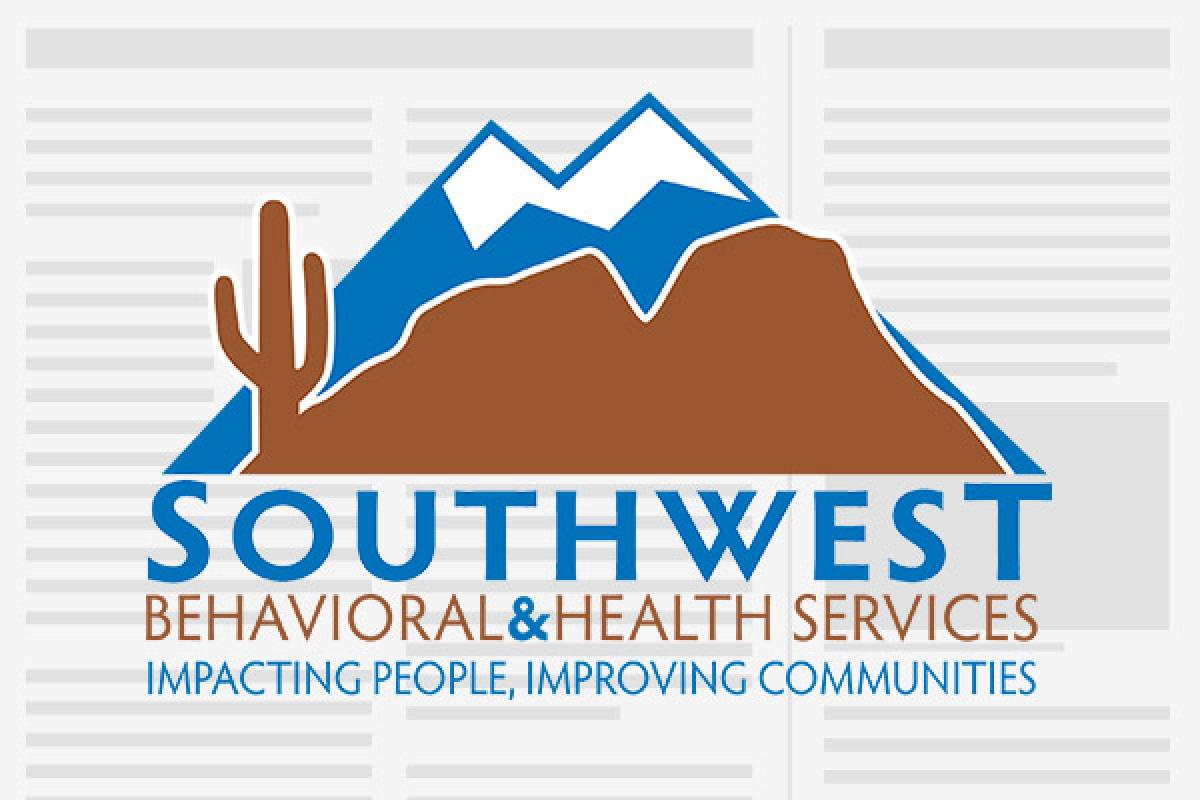
Ideally, you’ve already been talking to your kids about drugs and alcohol during middle school and high school. Research shows students who drank in high school are three times more likely to begin heavy episodic drinking in college [Weitzman, Nelson & Wechsler (2003)].
Don’t buy into the myth that allowing teens to drink around you will help them deal with alcohol issues when they’re on their own. Research shows that, no matter who they drink with in high school, “they’ll sustain and increase their drinking level” in college, says Amelia Arria, Senior Scientist at Treatment Research Institute.
Make sure you keep an open line of communication with them. Maintain a close relationship to support them in all aspects of their new experiences. Your child needs to know that if any problems or difficult situations arise, she can turn to you for help. Be an at-home resource for your college student.
Don’t want to come across as over-protective? “I do think the quality of the parent-child relationship has to change but I don’t think college culture [parents have] to back off,” says Arria. “Rather than asking about her friends, you might be asking about her classes and what she’s interested in.”
Stay alert to possible mental health issues. “Between the ages of 18 and 25 are when a lot of things pop up, if they haven’t already in adolescence, like anxiety disorders,” says Arria. There is a strong link between mental and physical health issues and the use of drugs and alcohol. Just in case something does happen, make sure you know what campus mental health resources are available to your child.
While the most popular drugs on college campuses are alcohol and marijuana, non-medical use of prescription stimulants, analgesics (painkillers), and tranquilizers is on the rise [McCabe, West, & Wechsler (2007)]. Though prescription drugs do have an important role when prescribed by a doctor, unsupervised use of them can be extremely harmful. While some parents turn a blind eye because they think the drugs may help their child do better in school, this is something you definitely want to disapprove of. Keep in mind:
Abusing painkillers is like abusing heroin because both drugs’ ingredients (both are opioids) are very similar.
Many pills look pretty much the same, but depending on the drug and the dosage the effects can vary greatly from mild to lethal.
“Non-medical use of prescription drugs is actually associated with decreased academic performance, not an increase,” says Arria. She adds that there also seems to be “a strong relationship between the use of other drugs and non-medical use of prescription stimulants.” Researchers believe that students get into a cycle of spending a lot of time with friends, doing drugs and drinking, instead of going to classes. Then they turn to prescription stimulants to help them get through. The combination does not work.
For more information, visit The Medicine Abuse Project at medicineabuseproject.org.













